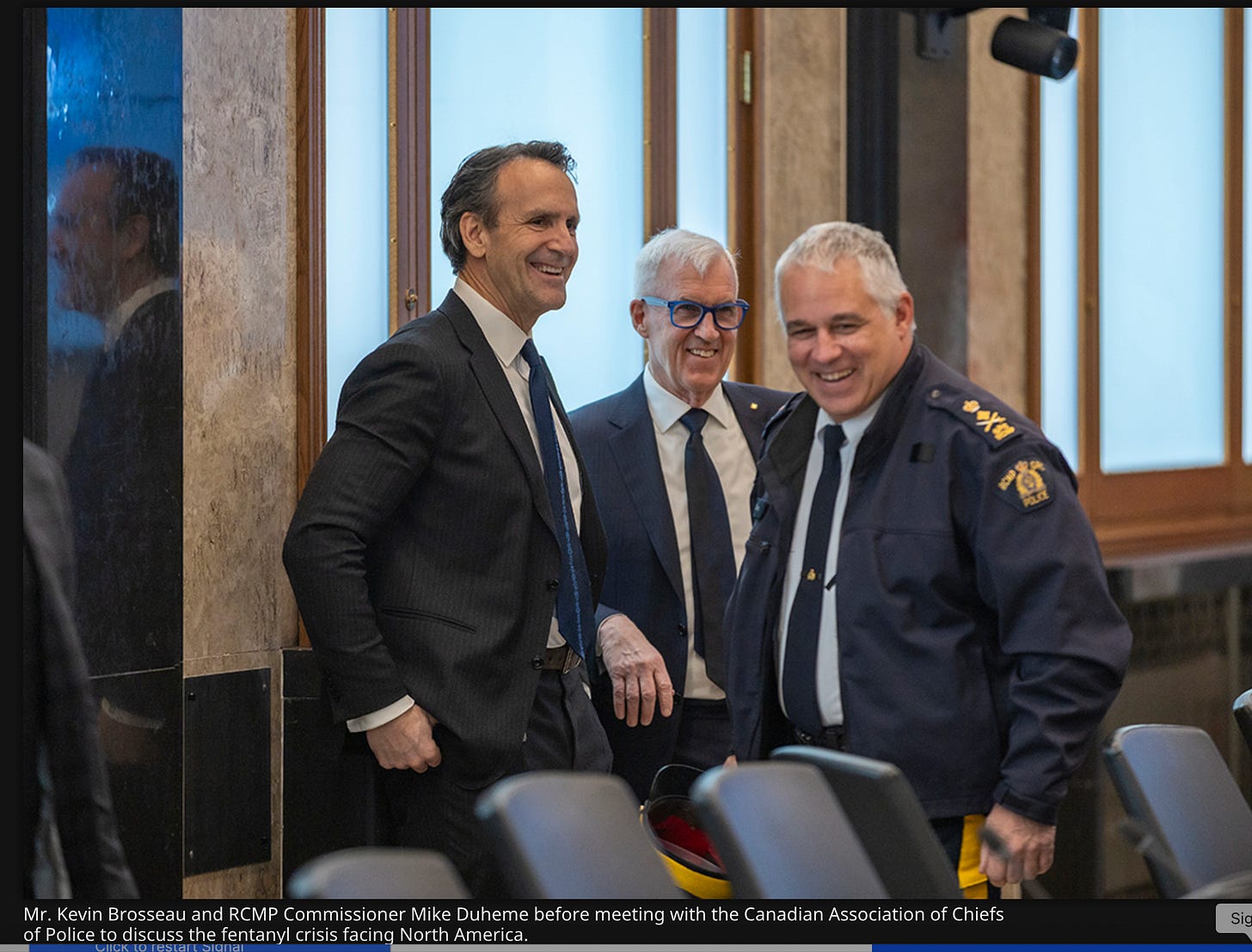Mounties, Overstretched and Overmatched by Foreign Mafias, No Longer Fit for Service
“RCMP is plugging local holes and babysitting politicians instead of targeting the global networks” — Garry Clement, former senior Mountie
OTTAWA — The Royal Canadian Mounted Police, once a proud symbol of Canadian law and order, is now an institution in crisis. Reports that nearly 20 percent of members are off on sick leave confirm wha…




